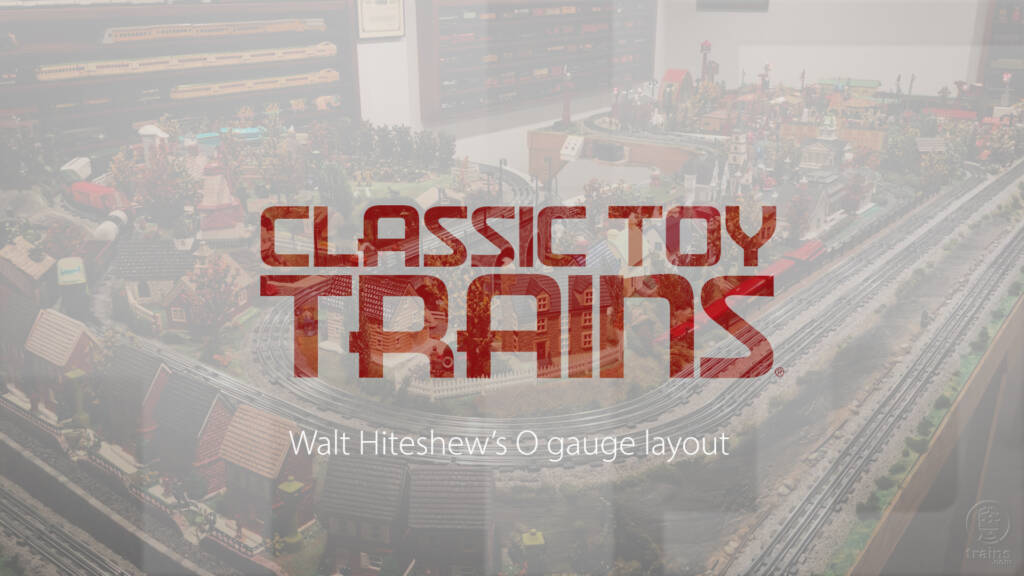
Explore the vibrant lithography and nostalgic charm with our latest layout tour, as featured in the Spring 2026 issue of Classic Toy Trains magazine! Join life-long collector Walt Hiteshew, as he operates his 8½ x 17½-foot O gauge display, filled with Marx tinplate treasures winding around hand-sculpted mountains, across a custom-built viaduct, and bustling through village streets […]
Read More…
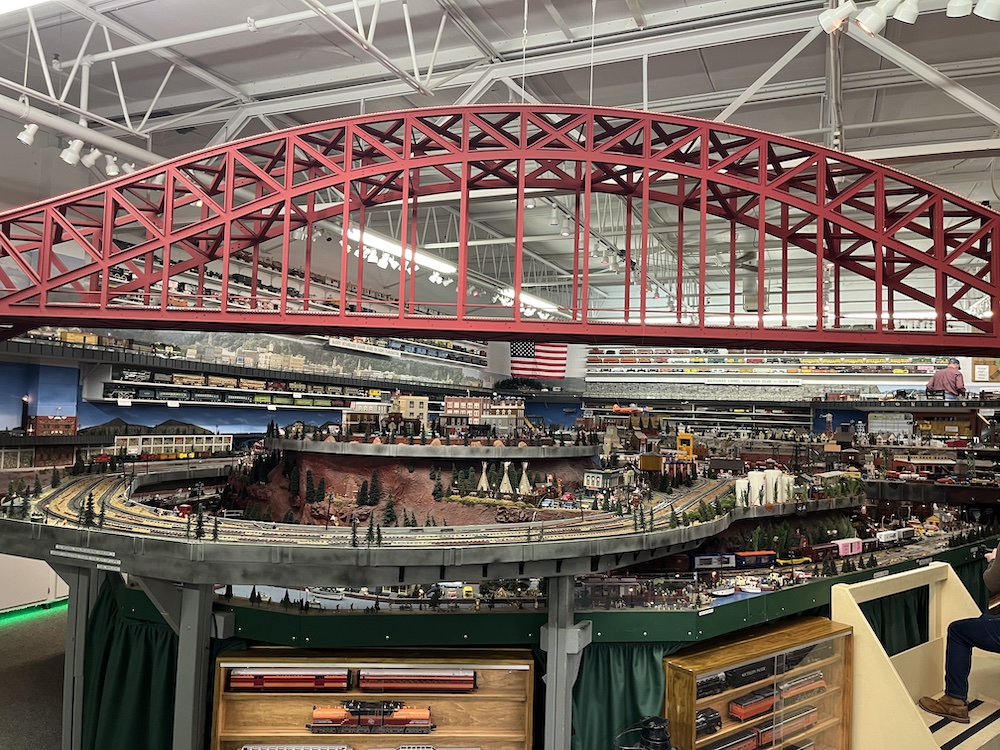
It’s my pleasure to tell you, our devoted readers of Classic Toy Trains, about our brand-new colorful and informative 100-page special-interest publication: Great Layouts You Can Visit! Packed with photos and filled with stories and details, it offers toy train enthusiasts of every age, background, and level of interest and experience something enjoyable and useful. […]
Read More…
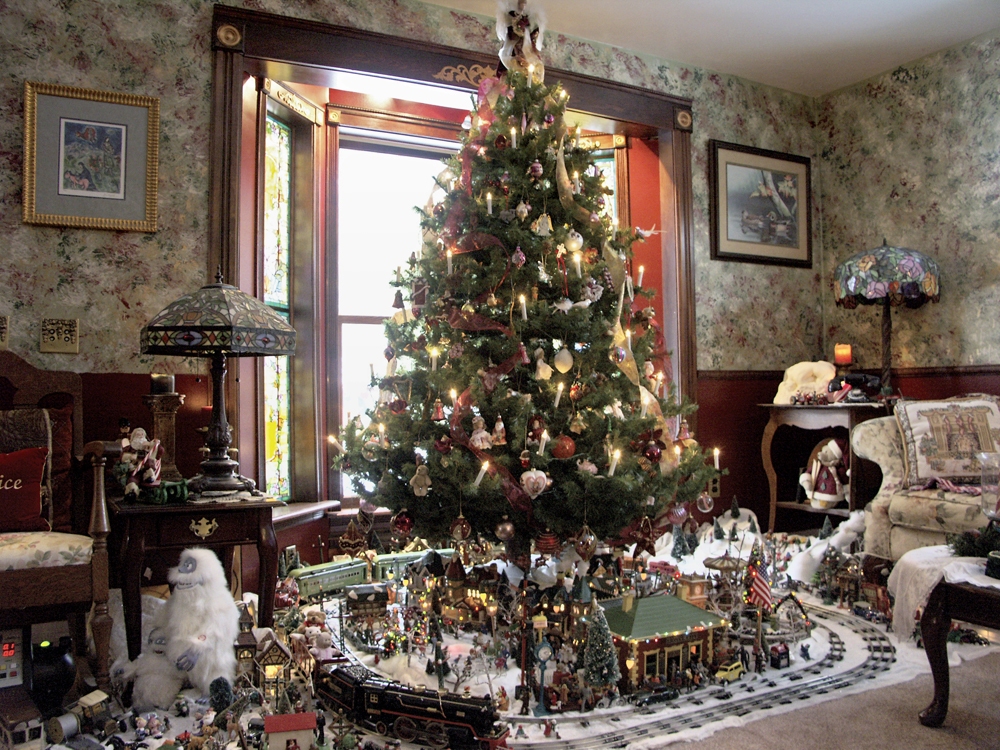
Please enjoy this selection of holiday-themed photos of toy trains from Lionel and American Flyer in O gauge, S gauge, and Standard gauge. If you have a photo you’d like considered for a future gallery, contact editor@classictoytrains.com See even more holiday photos! […]
Read More…
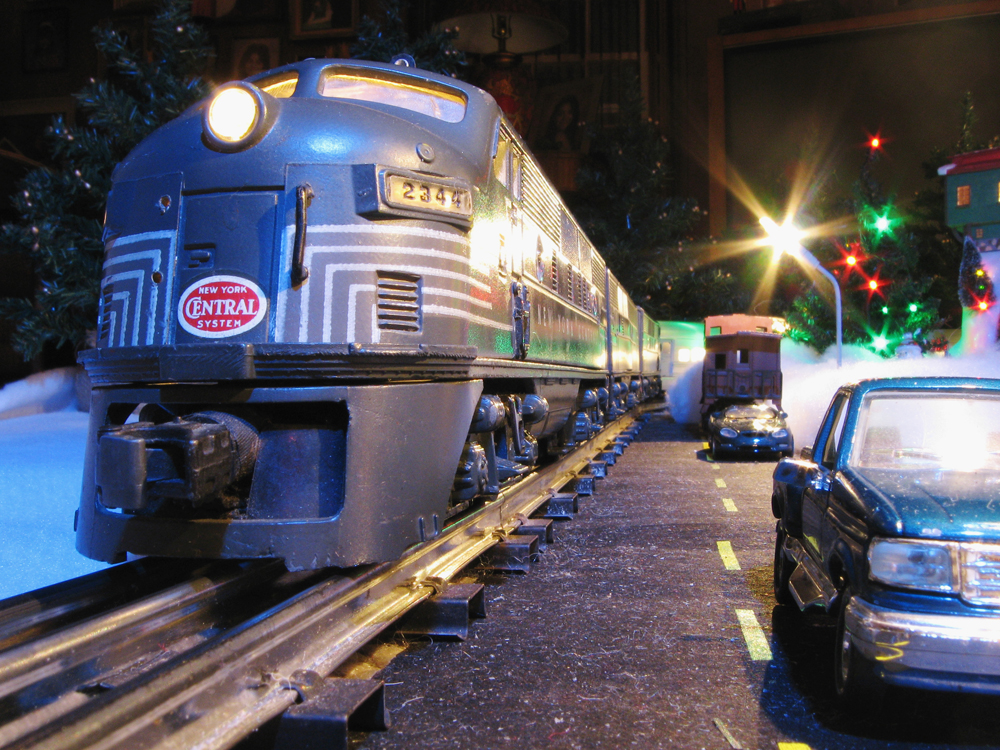
A holiday toy train photo gallery is just the thing to get you in the Christmas spirit. Please enjoy this selection of holiday-themed photos of toy trains from Lionel and American Flyer in O gauge, S gauge, and Standard gauge (with some bonus N and large scale trains). If you have a photo you’d like […]
Read More…
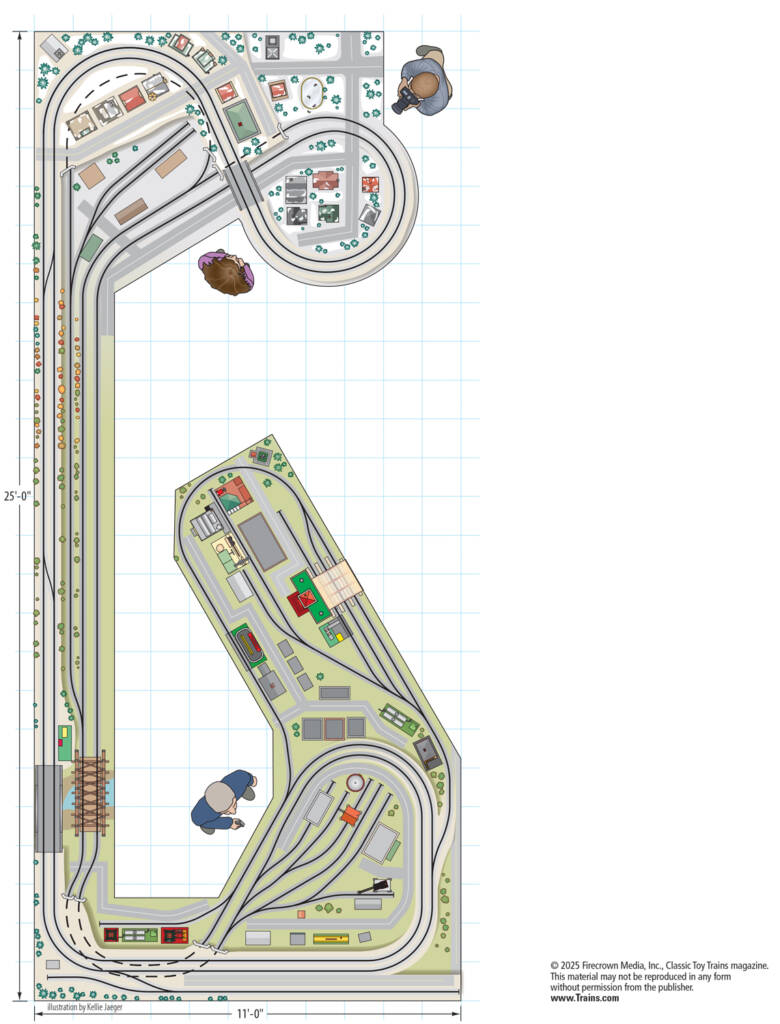
Dave Baule’s S gauge layout Dimensions: 11 x 25 feet Track and switches: American S Gauge (diameters range from 38 to 76 inches) Motive power: American Models, Gilbert American Flyer, S-Helper Service Rolling stock: American Models, American S Gauge, Downs, Gilbert American Flyer, Lionel American Flyer, S-Helper Service Controls: Gilbert American Flyer Nos. 16B and […]
Read More…
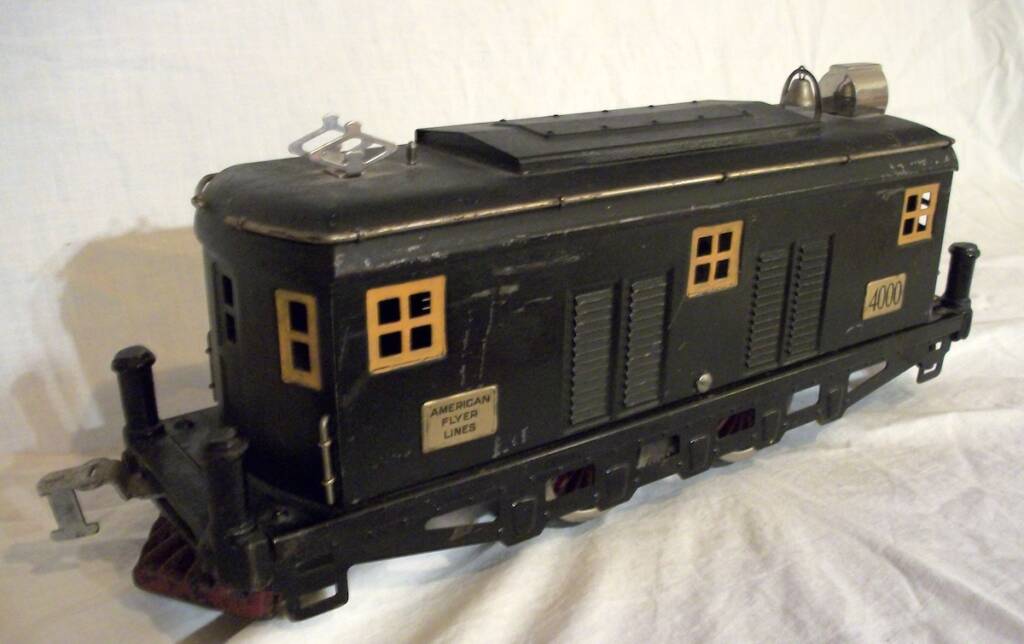
What do I collect? I collect original prewar trains in Standard and Wide Gauge, i.e. 2 1/8”. Lionel created the gauge in 1906, and called their trains the “Standard of the World.” Soon, Standard gauge caught on as a label, possibly to differentiate from other gauges at the time. When the Ives Toy Co. modified […]
Read More…
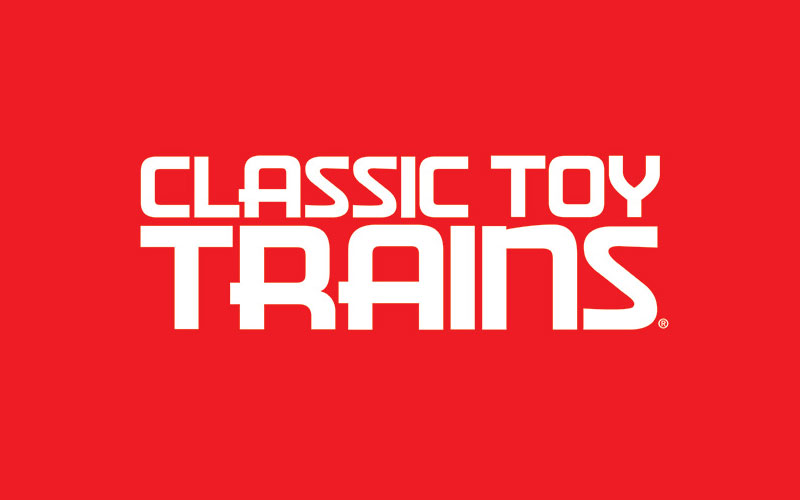
Thanks for the list of sources for parts in the Fall 2025 issue of CTT. I have nine prewar and postwar engines awaiting attention; I’ll need parts for some of them, and your list will be invaluable. But some sources don’t do searches for parts, which raises the question: Where do we find part numbers? […]
Read More…
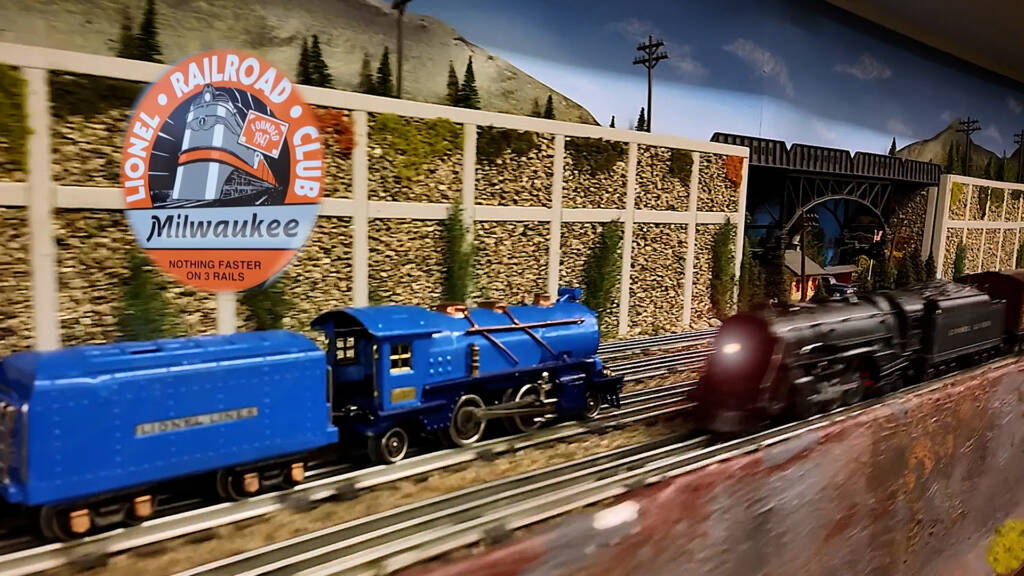
Come along with CTT and Trains.com staff members, as they visit the Milwaukee Lionel Railroad Club in New Berlin, Wisconsin! In this video, you’ll see views of the enormous 30 x 54-foot O gauge (3-rail) train display in operation – along with equally impressive scenery and structures! Read more about this layout in the December […]
Read More…
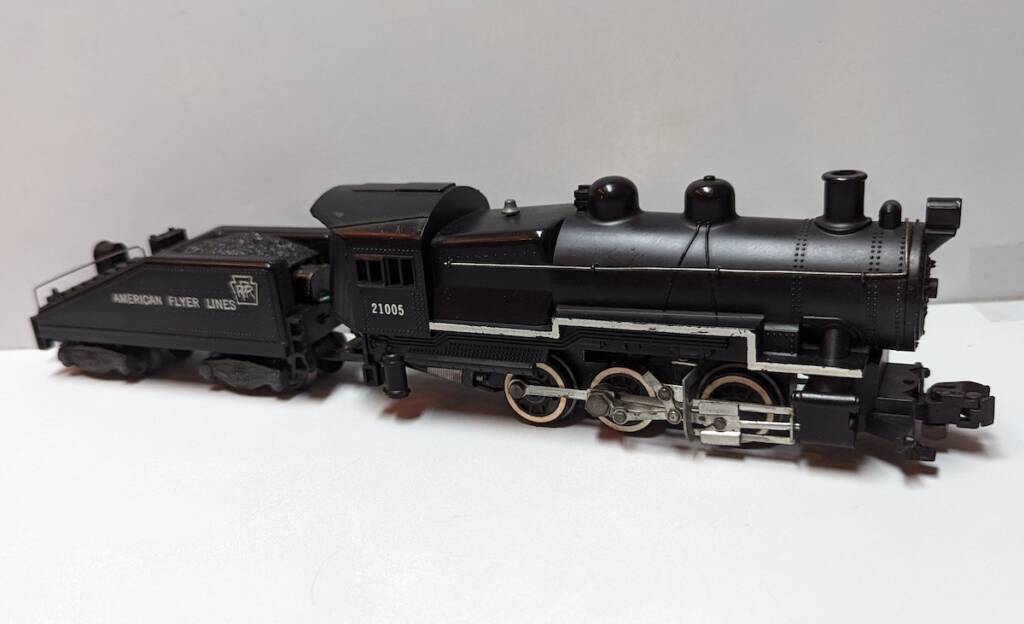
In its heyday as “The Standard Railroad of the World,” the Pennsylvania Railroad had thousands of trackside industries systemwide to service. Each needed regular switching, and many were located in industrial complexes with tight clearances and sharp curves. The PRR developed the 0-6-0 switcher, or as they called it, a “shifter.” The first model B6 […]
Read More…
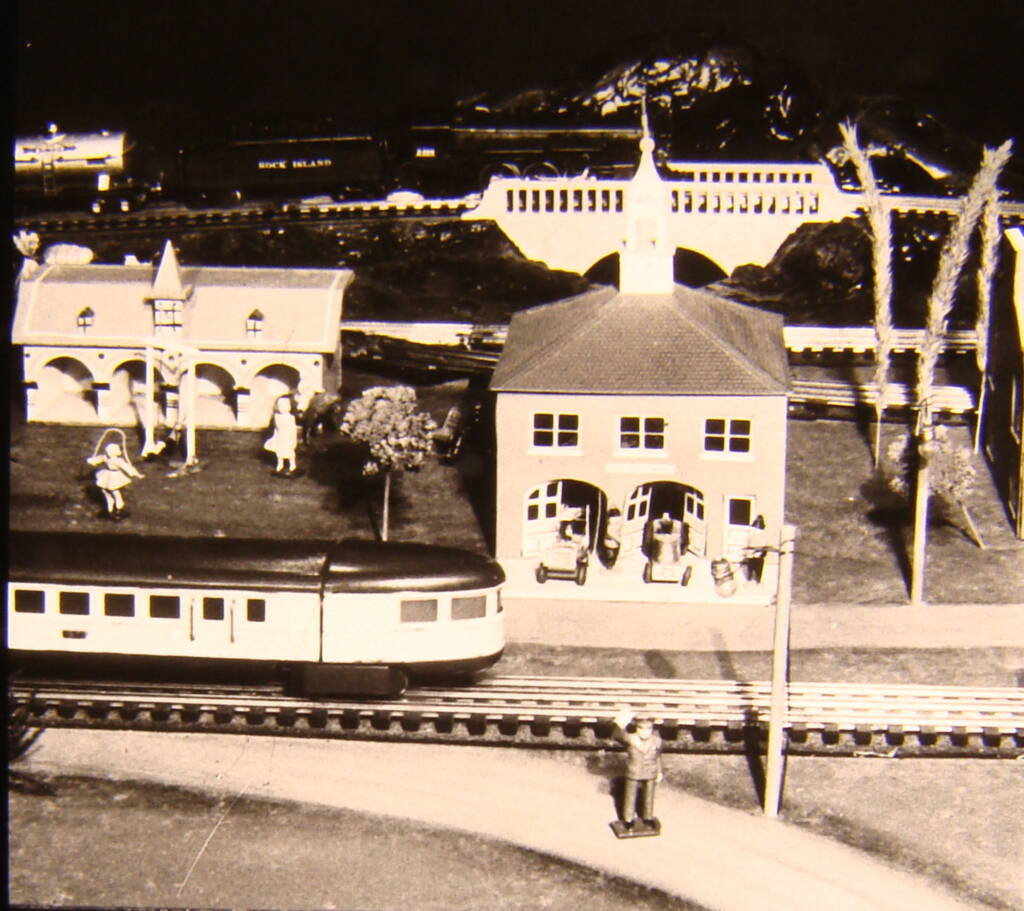
Tru-Vue was a stereoscopic viewing system and line of films first marketed in the 1930s. Two simultaneous exposures of the same object or scene were made from slightly different angles. When seen through a special viewer, the paired photos combined to form a three-dimensional image. Although stereoscopic photo cards and viewers had been around since […]
Read More…

In this Trains.com exclusive, Lionel LLC CEO Howard Hitchcock fields interview questions from Classic Toy Trains Editor Rene Schweitzer at Lionel’s headquarters in Concord, North Carolina. Howard and Rene discuss the brand’s 125th anniversary, new products, NASCAR die-cast products, custom-run products, the future of the American Flyer line, and much more! You don’t want to miss […]
Read More…












